On August 1, 2025, a Miami federal jury delivered a historic verdict: Tesla was deemed partly responsible—33% liability—for a fatal 2019 crash involving its Autopilot system. The crash took place in Key Largo, FL, when 22-year-old Naibel Benavides Leon and her boyfriend Dillon Angulo were struck by a Tesla Model S equipped with Autopilot. Benavides died, and Angulo suffered serious injuries. (turn0search1, turn0news19)
Verdict Breakdown
- Total award: $243 million, consisting of $129 million in compensatory damages and $200 million in punitive damages.
- Tesla’s share: 33% of compensatory damages—$42.6 million—plus the full punitive award.
- Driver’s alleged fault: The jury assigned 67% of blame to George McGee, who was not a defendant and thus not liable for damages. (turn0search1, turn0search13, turn0news18)
According to testimony, McGee was distracted while searching for his phone, traveling at over 50 mph, and passed through a T-intersection without stopping. The Autopilot system allegedly failed to disengage or alert him, even after detecting a parked SUV and pedestrian prior to impact. (turn0news18, turn0search13)
Tesla’s Response & Market Reaction
Tesla has announced plans to appeal, calling the verdict a setback for the development of autonomous-driving safety technology. The company asserts the driver was primarily at fault. Meanwhile, Tesla’s stock dropped 1.8% on the day—down about 25% year-to-date—and investor concerns are mounting regarding regulatory headwinds and judicial risks to its robotaxi plans. (turn0search7, turn0news20)
Key Takeaways
- First-ever Autopilot verdict by a jury: Tesla had previously settled most crash-related cases out of court. This ruling sets a new legal precedent.
- Shared responsibility model: Even though the driver admitted negligence, Tesla didn’t fully escape blame.
- Technology scrutiny intensifies: The case centers on the adequacy of Autopilot’s design, warnings, and intended usage—especially on non-highway roads.
- Legal and regulatory ripple effects: The outcome may open doors for additional lawsuits involving ADAS (Advanced Driver-Assistance Systems) failures. (turn0search10, turn0news19)
Implications & Future Outlook
- Impact on future litigation
Lawyers warn this ruling could embolden more plaintiffs to pursue trials rather than settle. Legal responsibility for li‑assistant

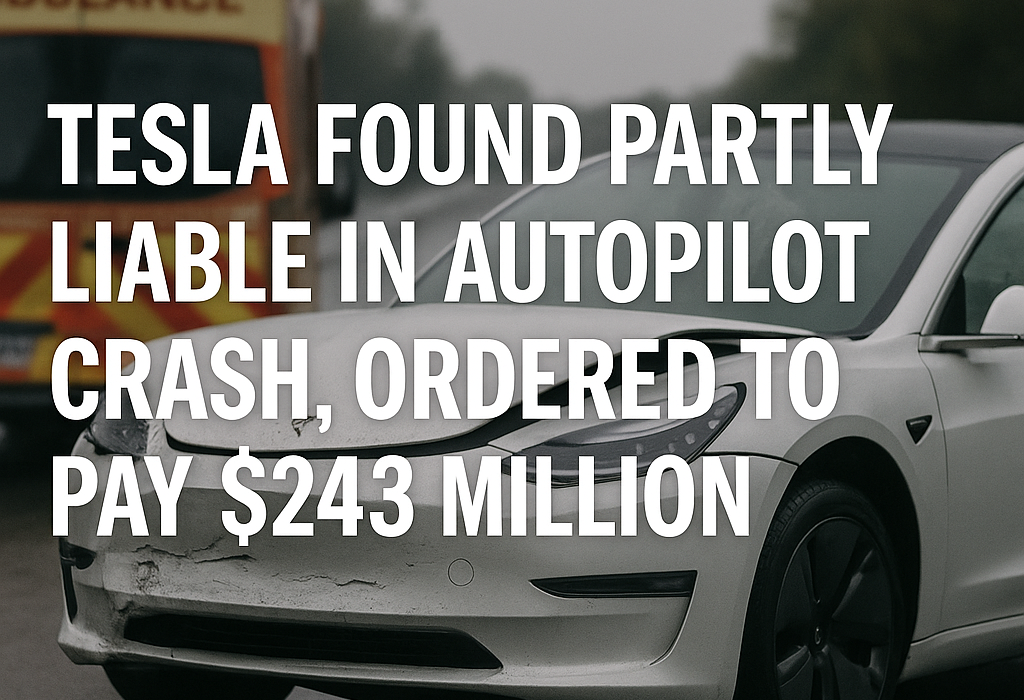


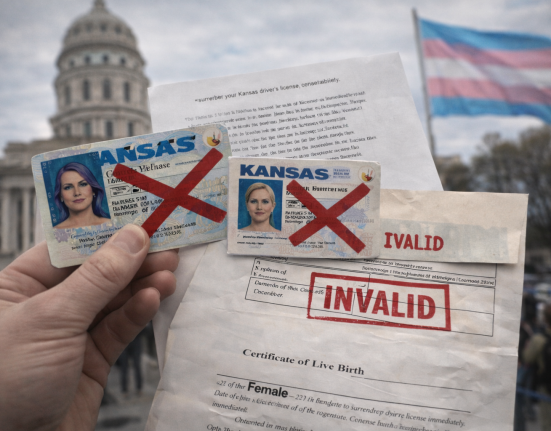
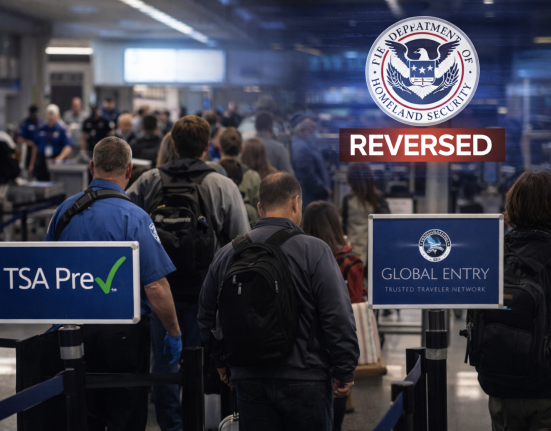
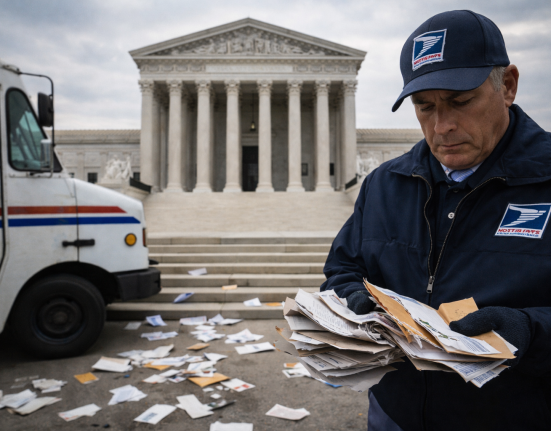
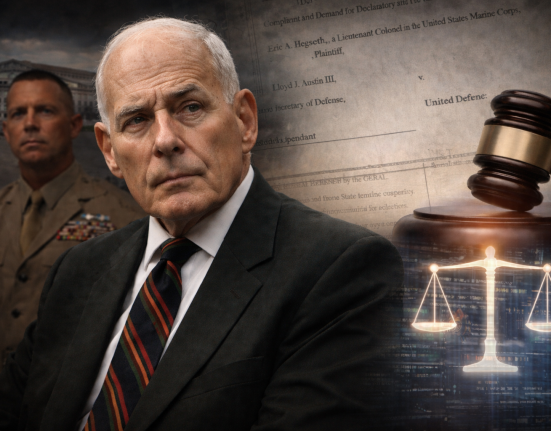
Leave feedback about this
You must be logged in to post a comment.